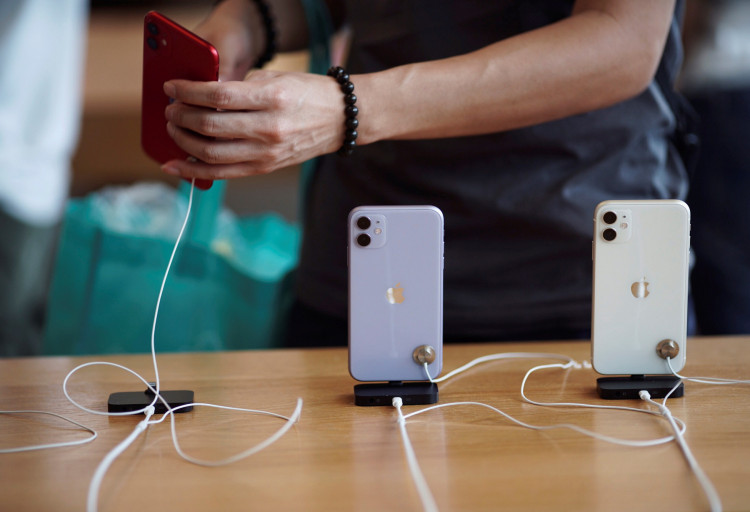The city of San Francisco voted to revise the facial recognition ban to enable the use of iPhones with Apple's FaceID facial recognition system within the city along with other products that come with facial recognition features. The city restricted agencies from using gadgets with facial recognition technology in May 2019, however, it became evident that iPhones issued by the government equipped with the FaceID tech from Apple are illegal under the new law. Even if the feature is turned off, the iPhone itself is still banned under the new law, reports Wired, which was told by a city aide the local Board of Supervisors.
On Tuesday, San Francisco made several amendments that now allow government agencies to possess and distribute tech products with the facial recognition feature. The only condition is that these devices are necessary to their jobs without any viable alternatives. San Francisco is the first city to ban the use of facial recognition technology by city agencies and the police in May, reports Business Insider.
However, it turned out that some iPhones issued to employees were deemed illegal under the new law, which only highlights the complexities of making a blanket ban on an increasingly common type of technology, according to Wired. With the new amendments, the local Board of Supervisors of San Francisco noted that the city could not be held liable for violating the ban when its employees use the products such as the new model of iPhone, which is equipped with FaceID. This additional layer of security features in iPhones could not be removed or deleted from compatible devices.
In other words, even id the feature is turned off, it could still hold the government liable, says a city aide to a member of the San Francisco Board of Supervisors. A handful of other cities have replicated San Francisco's new law when it comes to banning facial recognition systems. This includes its neighbor Oakland, Brookline, and Somerville in Massachusetts.
However, some cities have included exceptions to take up the nuances of banning a widely prevalent technology. Brookline's ban, which was passed into law last week includes specific exemptions on personal devices used by its city officials. That is, to address both the photo-tagging features on Facebook and the FaceID technology of Apple devices. The latest amendment to the facial recognition ban in San Francisco will be reviewed by London Breed, the city's mayor before it could take effect states the official website of the city's Board of Supervisors.






